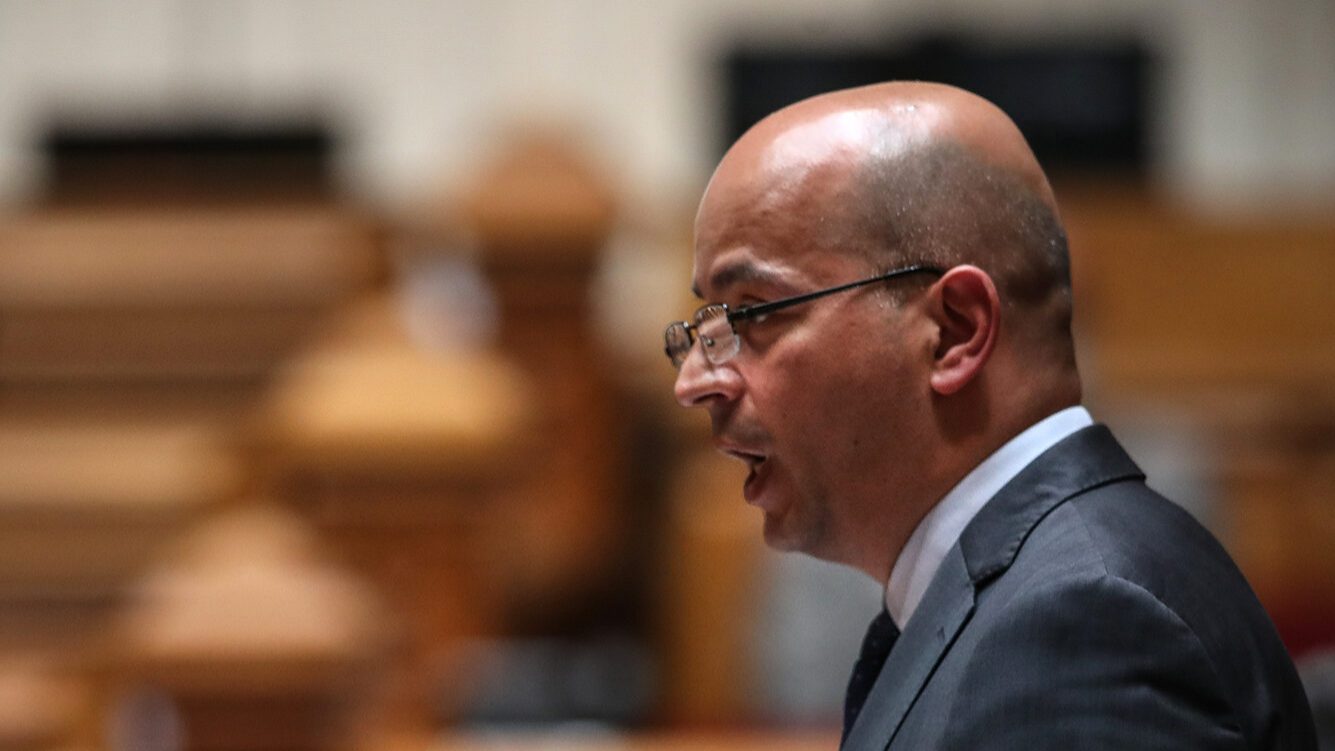Portugal wants return Madrid sleeper train
Portugal's minister of infrastructure and housing warned that the government wants to keep the Lusitania night train that linked Lisbon and Madrid .
The Portuguese government wants to keep the Lusitania night train that linked Lisbon and Madrid and was suspended because of the pandemic, but that there was much work to do with Spain, the minister of infrastructure and housing warned.
At the end of an informal remote meeting of ministers responsible for transport of European Union (EU) member states on Tuesday, Pedro Nuno Santos, when asked about the future of this train, said that it was vital, noting that there was still much work to do with [Spanish operator] Renfe and stressing that, on the Portuguese side, it is possible to find funding, but that it is necessary to do it with the Spanish.
The Spanish government has dismissed the idea of returning to international night trains, bearing in mind that a high-speed link between Lisbon and Madrid is planned for 2023.
Pedro Nuno Santos also called again to evaluate the path that the EU has taken so far, of liberalisation and railway packages based on results and not the degree of openness and liberalisation.
“We need to understand today whether the policy followed over the last three decades has produced the expected results. We know that there has been stagnation in the growth of freight transport and residual growth in passengers,” he said.
“We have to understand what has failed, what is not working and for us, it is evident that the lack of investment is one of the main reasons,” he said.
Yesterday [Monday), the minister said that liberalisation in rail transport had failed to increase the share of this mode compared to road and air transport at a conference as part of the presidency of the Council of the European Union.
In a speech at the opening of the conference to launch the European Year of Rail Transport 2021, the minister questioned the effectiveness of this model, which has opened the management of railway lines to private companies throughout Europe.
“The European policy for railways in the last 30 years has always been one of progressive opening and liberalisation of the market,” the minister said, adding that regardless of people’s opinion and ideological position, it is an indisputable fact that [liberalisation] has failed for the moment to increase the modal share for railways.
According to Santos, it was impossible to know whether these policies have prevented a greater fall or are responsible for maintaining stagnation, he said, pointing out that the fact that there were multiple initiatives to promote international passenger transport showed that the market, which was liberalised in 2010 for these links, was not responding as expected.
The minister then concluded that the market would not, by itself, provide the services that society considered important or even essential.
It was not guaranteed that the rail market resulting from the application of the four rail packages would be more open and competitive, as we already saw concentration movements in the large operators, at the expense of the small ones, whether private or public, he also noted.


